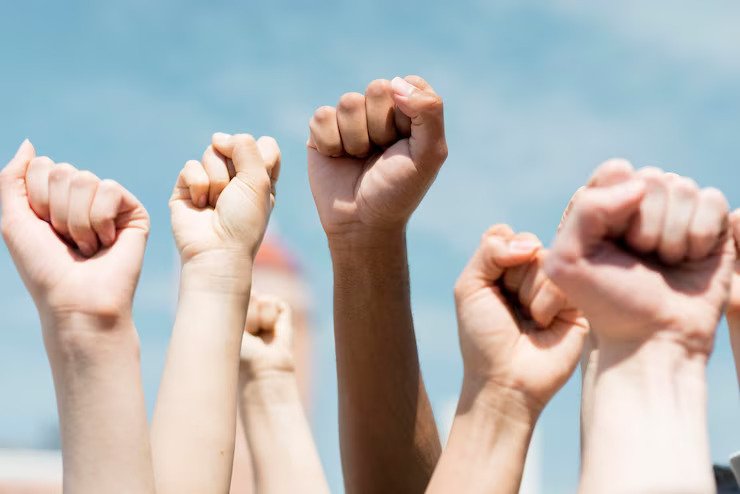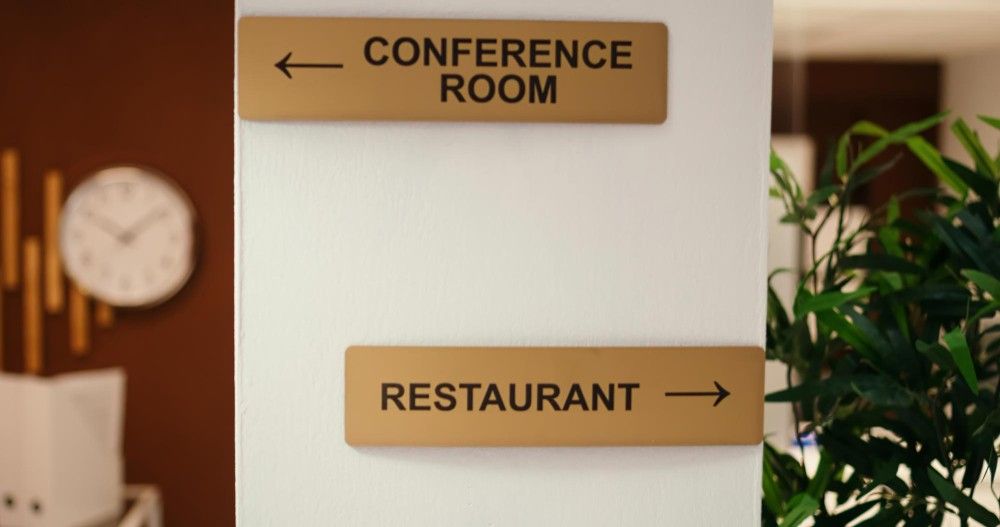The goal of promoting social equality is to ensure that each member of society is given the same respect and opportunities. It aims to remove ingrained stereotypes and barriers that marginalised groups encounter, including the LGBTQ+ (Lesbian, Gay, Bisexual, Transgender, and Queer) population. Despite significant progress made recently, LGBTQ+ people still face discrimination and inequity. We will cover crucial areas where advancement is required to reach complete equality, examine the significance of social equality for the LGBTQ+ population, and examine these areas.
Understanding Social Justice
Social justice refers to the equitable allocation of assets, possibilities, and advantages within society regardless of traits or origin. It acknowledges that societal and historical disadvantages have caused inequalities to persist, making tackling and eliminating these differences essential. Social justice for the LGBTQ+ group means supporting and recognizing their rights, providing equality, and eliminating stigmatization and discrimination.
Historical Background and Development
Due to engrained societal and cultural standards, the LGBTQ+ population has endured tremendous prejudice and persecution throughout history.
Legal developments have been essential in achieving rights for LGBTQ+ people. Significant developments include legalizing same-sex unions in several nations and decriminalizing homosexuality in many states. These legislative revisions recognise that LGBTQ+ people have a fundamental right to live truthfully and are entitled to the identical legal safeguards as heterosexual or cisgender peers.
Obstacles and Current Problems
Although progress has been achieved favoring LGBTQ+ rights, many obstacles still exist. LGBTQ+ individuals continue to experience pervasive prejudice, hostility, and violence, which hinder their ability to contribute to society fully. The LGBTQ+ group is still marginalized and denied rights due to housing injustices, bullying in schools, a lack of access to healthcare, or employment discrimination.
People who identify as trans endure particular difficulties, such as difficulty getting medical care and high instances of violence. The concept of intersectionality, which examines how different types of discrimination interact, emphasizes that LGBTQ+ people belonging to disadvantaged racial, ethnic, and socioeconomic backgrounds may experience heightened difficulties in obtaining social justice.
Access to Healthcare and Support
A further crucial element of equality for the LGBTQ+ population is access to high-quality healthcare. LGBTQ+ people frequently encounter substantial obstacles to receiving healthcare, such as prejudice, a lack of culturally competent healthcare professionals, and insufficient insurance coverage. Due to these obstacles, there may be more mental illness, drug misuse, and HIV/AIDS cases in the neighborhood.
Healthcare systems must work to provide comprehensive treatment that respects and addresses the unique needs of LGBTQ+ people to ensure social justice. It includes educating medical staff members on LGBTQ+-affirming procedures, enhancing patient access to gender-affirming treatment, and promoting LGBTQ+-specific mental health treatments.
Occupational equality
LGBTQ+ people continue to face discrimination at work, limiting their ability to get stable employment and develop their careers. Policies that shield LGBTQ+ employees from prejudice, harassment, and wrongful termination are necessary for social justice. More welcoming workplaces can be achieved by including gender, sexuality, and gender identity in employment benefits and anti-discrimination laws.
By embracing programs for inclusion and diversity that honor LGBTQ+ identities, organizations can serve the cause of social justice. Companies can draw in a broad talent pool while assuring equitable opportunities for career advancement and success by developing and embracing workplace culture.
Change in Policy and Advocacy
The fundamental forces behind achieving equality for the LGBTQ+ community are advocacy and policy change. Raising awareness, promoting legislative changes, and opposing discriminatory practices depend heavily on advocacy groups, activists, and allies. Communities have been successfully mobilized through movements, influencing public opinion and leading to legislative change.
Authorities must continue to resolve legal slack and actively resist discriminatory practices if they are to advance social justice. Achieving justice for the LGBTQ+ group requires ensuring complete legal safeguards and promoting legal acknowledgment of gender identity.
The Future of LGBTQ+ Social Justice Movements
Social justice movements for LGBTQ+ people have an impact on building a more inclusive society. The community will need constant advocacy to secure complete legal safeguards. Despite substantial advancement, legal voids still want filling, such as safeguards against discrimination in the workplace, housing, and healthcare.
The future of such movements will also involve advocating for transgender rights, such as access to gender-affirming medical care and legal acknowledgment of gender identity. Additionally, it will concentrate on reducing the rising incidence of hateful and violent crimes against LGBTQ+ people.
Promoting acceptance and understanding will continue to depend heavily on education and awareness. Including LGBTQ+ history, events, and contributions would encourage inclusivity and dispel misconceptions in educational curricula. Additionally, media portrayal will play a big part in forming public attitudes and lowering stigma.
The future of LGBTQ+ social justice organizations ultimately depends on activists, allies, and governments working together to remove systemic obstacles and guarantee equal opportunities and privileges for all. We can create the conditions for a time when LGBTQ+ people can live authentic lives free from prejudice by staying an advocate, increasing awareness, and promoting a culture of acceptance.
Conclusion
The persistent and essential task of advancing social justice for those who identify as LGBTQ+ is ongoing. Even though tremendous progress has been accomplished, ongoing discrimination and inequality prevent people from fully participating in society and being accepted. Collective activities are necessary to achieve social justice, including advocacy for policy change, employment equity, healthcare changes, and education.
We can build a society where the LGBTQ+ group is fully recognized, acknowledged, and given equal chances and privileges by promoting a culture that values equality, inclusivity, & respect for all people. Adopting equality for the LGBTQ+ group is a question of human rights, but it is also a demonstration of the power and richness that come from valuing the exquisite diversity of humankind.
-black.png)










